Still more Friday morning rail news:
— Railroads are resisting efforts from oil companies to store crude oil in tank cars during the current drop in oil prices and demand, which has left a rapidly declining number of places to stockpile oil. Reuters reports that railroads are citing safety concerns and telling shippers that tank cars are not a prudent long-term storage mechanism for a hazardous material such as crude. Federal rules generally limit storage of oil in rail cars at private facilities, and only a small amount is generally stored in such a fashion, analysts told the news service. BNSF and Union Pacific declined comment. Oil prices have crashed under a price war between Saudi Arabia and Russia; the Associated Press reports a tentative agreement to cut production is threatened unless Mexico agrees to sign on.
— Metra has released the final version of the new schedule for the Metra Electric District to begin operation with positive train control, and has made adjustments to address customer concerns, most significantly among passengers in the Homewood-Flossmoor area. Nearly 2,000 customers answered an online survey about the schedule, and Metra met with Homewood-Flossmoor area passengers in a public meeting. The adjustments added more stops in Hyde Park as a result. ““We want our customers to know that we heard their concerns and addressed them as best we could,” Metra CEO/Executive Director Jim Derwinski said in a press release. “Our goal was to craft a schedule that accommodates the needs of Positive Train Control while minimizing the impact of changes on our customers.” The new schedule, available here, will take effect when full service is restored after the coronavirus pandemic.
— The B&O Railroad Museum in Baltimore is launching a new virtual exhibit on Saturday as part of new online experiences available at home. “The B&O Lives On: How The Founders Shaped Our Lives today” centers around an 1891 Francis Blackwell Mayer painting depicting the businessmen behind the railroad and how they changed transportation, commerce and communications. It is available at BOLivesOn.org. The museum is also offering activities for children, caregivers and teachers here, and sharing images and other news on its social media platforms.
— Calgary Transit is closing five stations on its light rail Red Line at night because of increased “social disorder,” the CBC reports. The five stations will close at 6 p.m., and fare enforcement will be increased. The agency reports that while ridership is down 80% because of the COVID-19 pandemic, incidents of social disorder are up 27%.





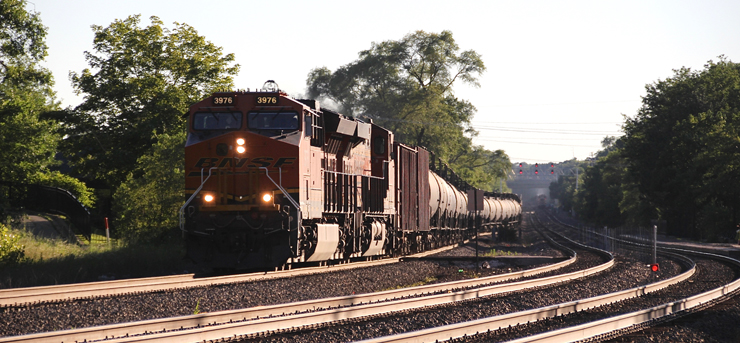

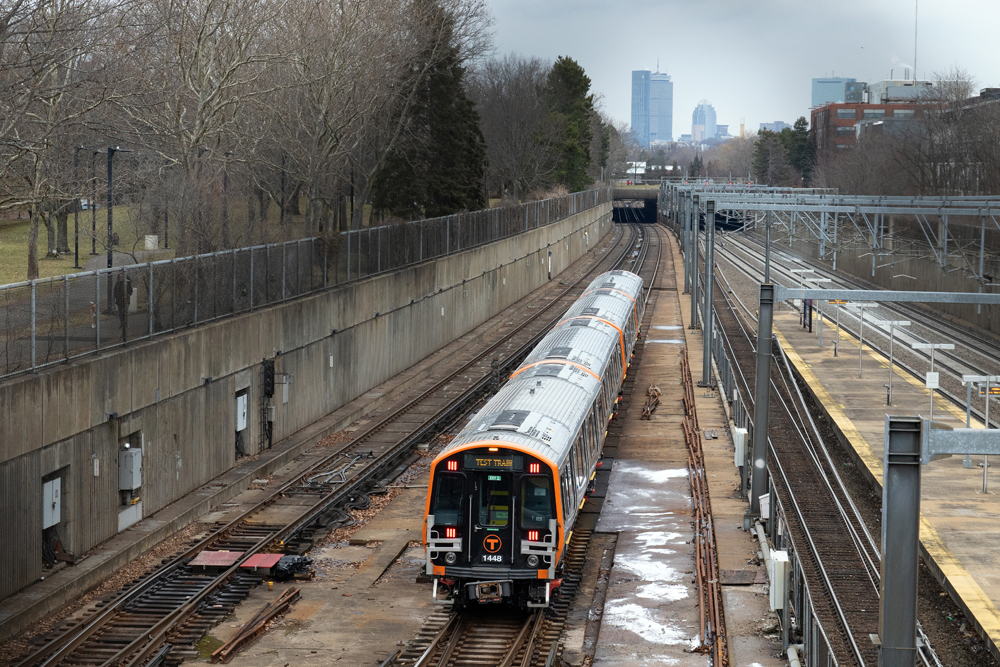
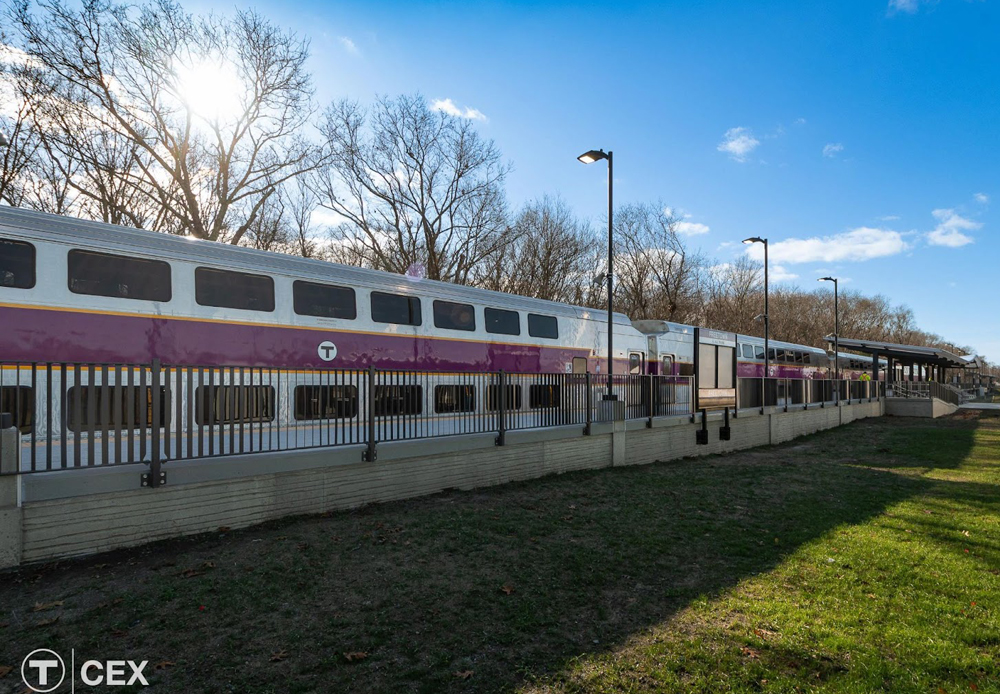
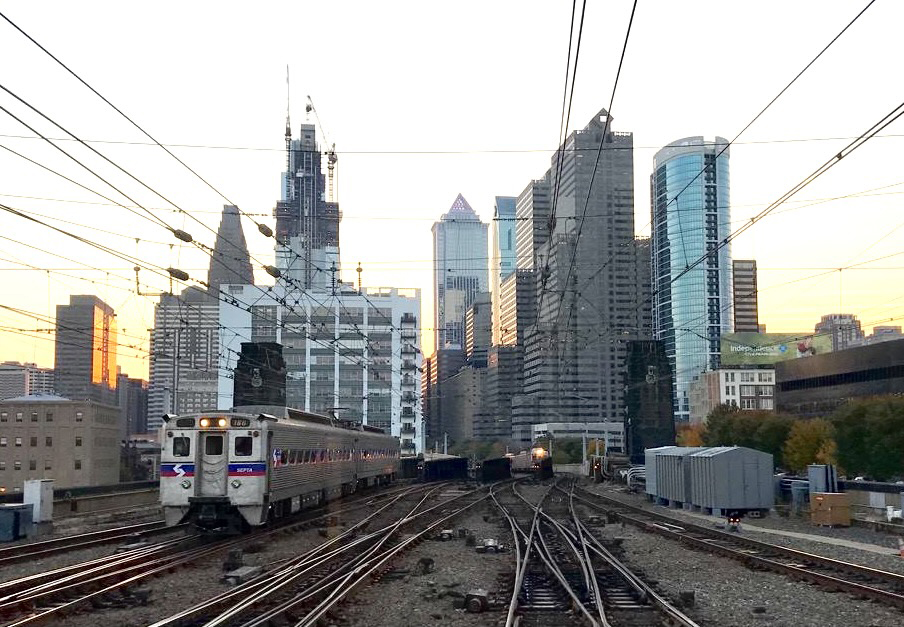
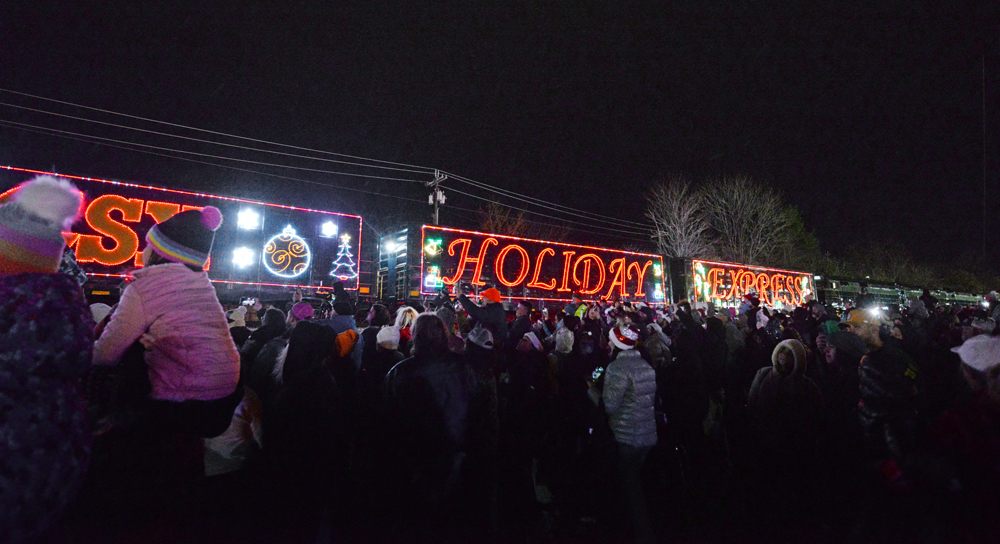
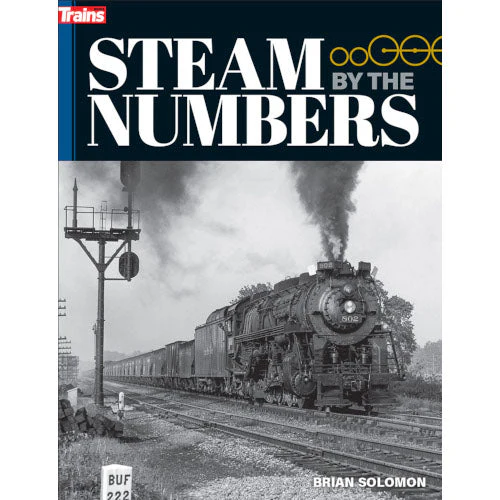


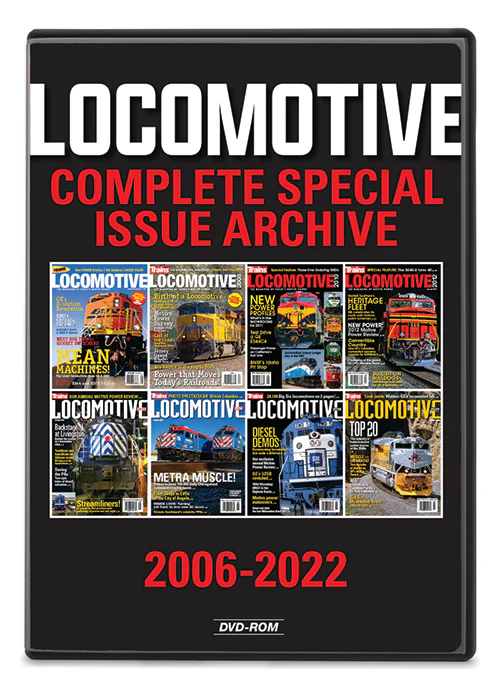
Speaking out of ignorance,I’m simply seeing this from a financial perspective–if the oil companies want to store their product in tank cars,I’m all for it–the RR’s will charge them so many dollars or cents per gallon stored and voila! Easy cash flow from charging rent! What’s not to like?
It’s not a big deal. The railroads can just deny tracks to store cars. The common carrier obligation applies only to transportation.
“Railroads are resisting efforts from oil companies to store crude oil in tank cars”
As they should. Either have pipeline operators near rail build a fenced in yard with the appropriate safety measures (levees for leakages) or have the oil shippers build more tanks.
Asking a railroad to provide “hot” storage is not their core business. And this isn’t aggregates, like limestone gravel or ag materials like corn syrup.
If they demand it anyway, then charge them a higher tariff to cover the cost of building a safe facility.
Someone has to pay, oil shippers just want the least hassle and that means dumping it off on the carrier.